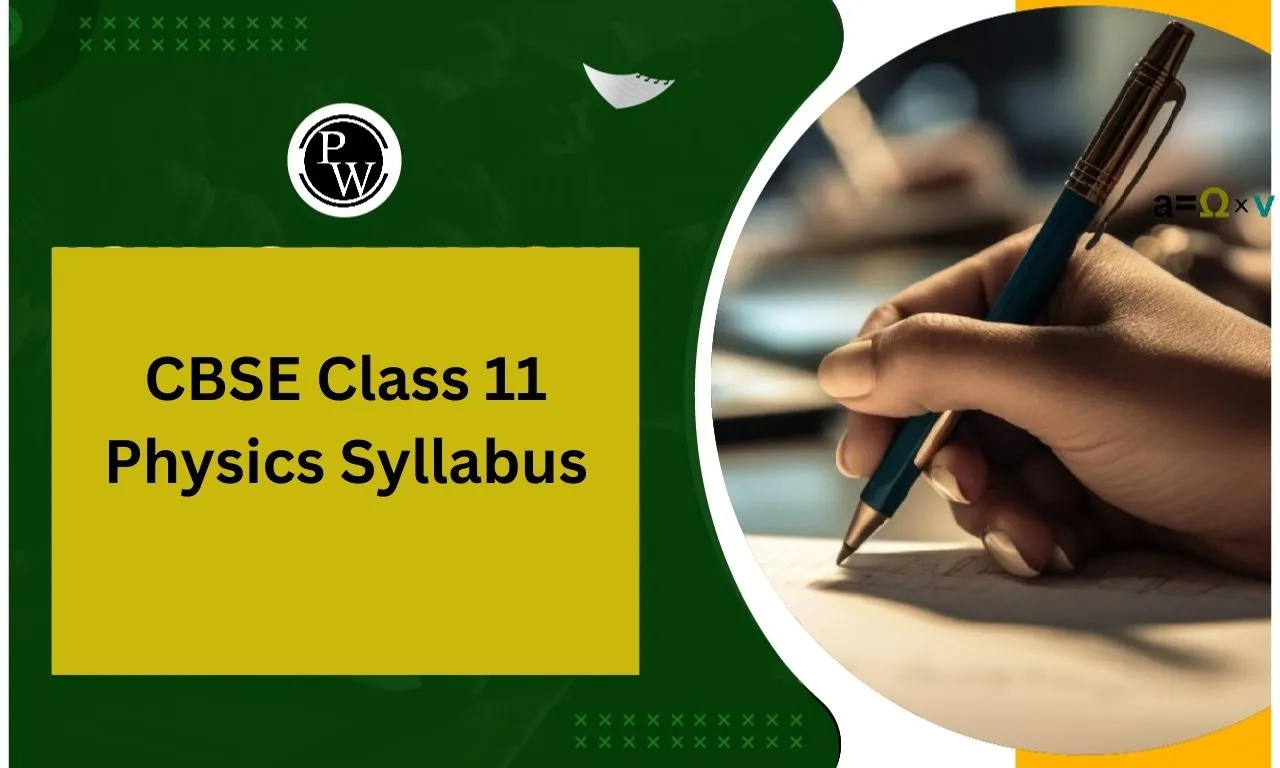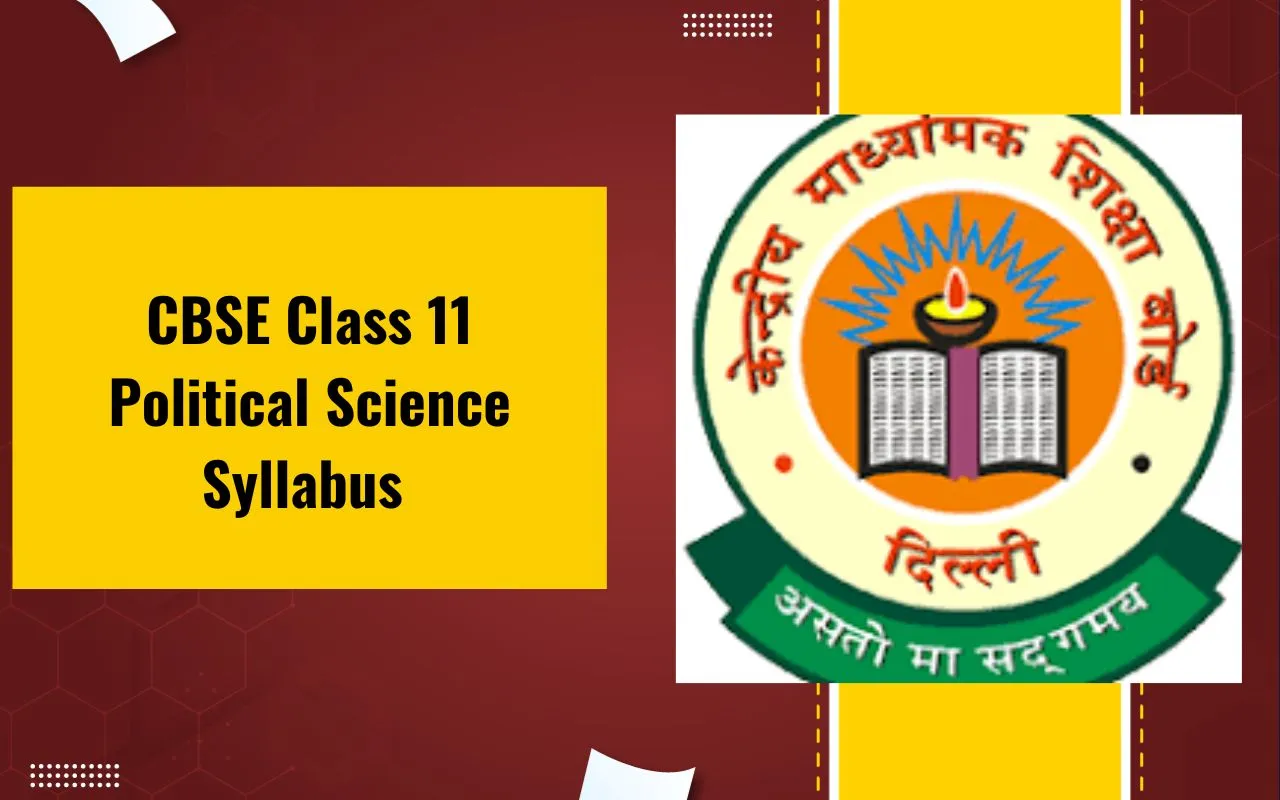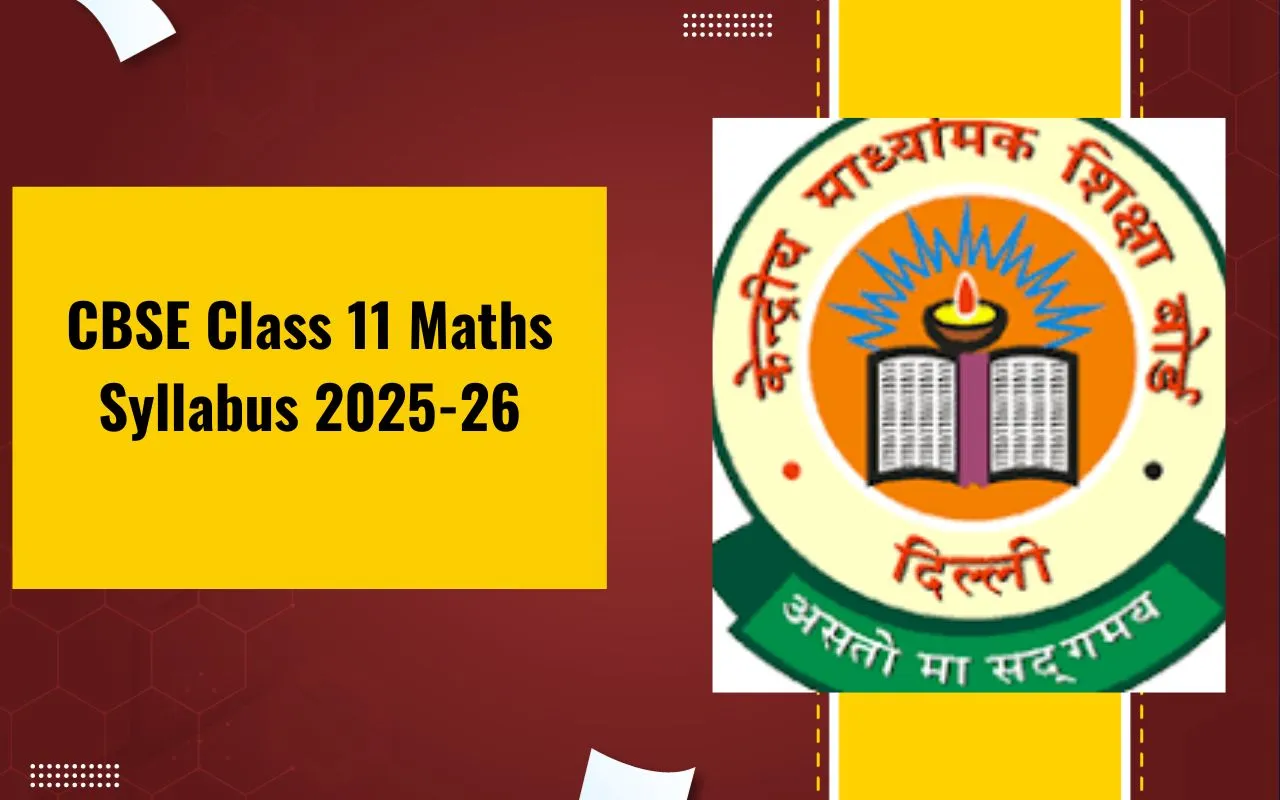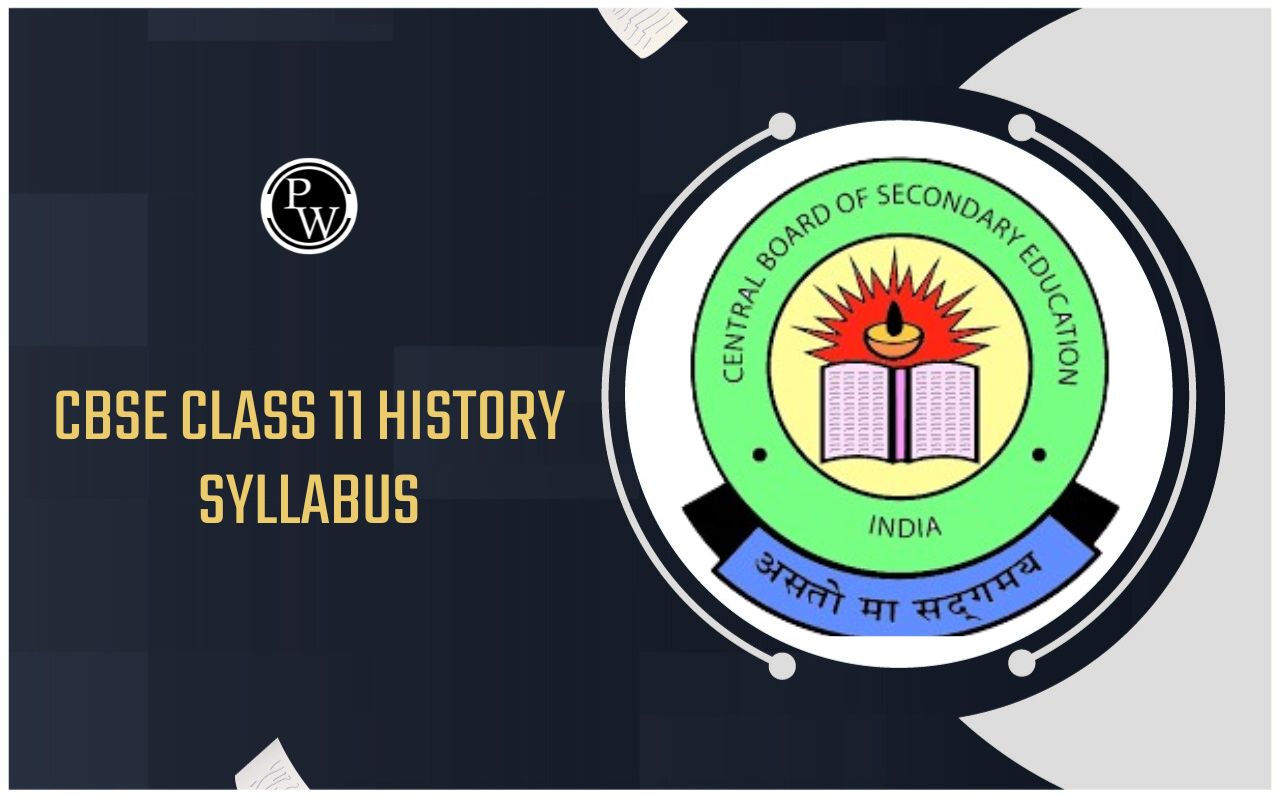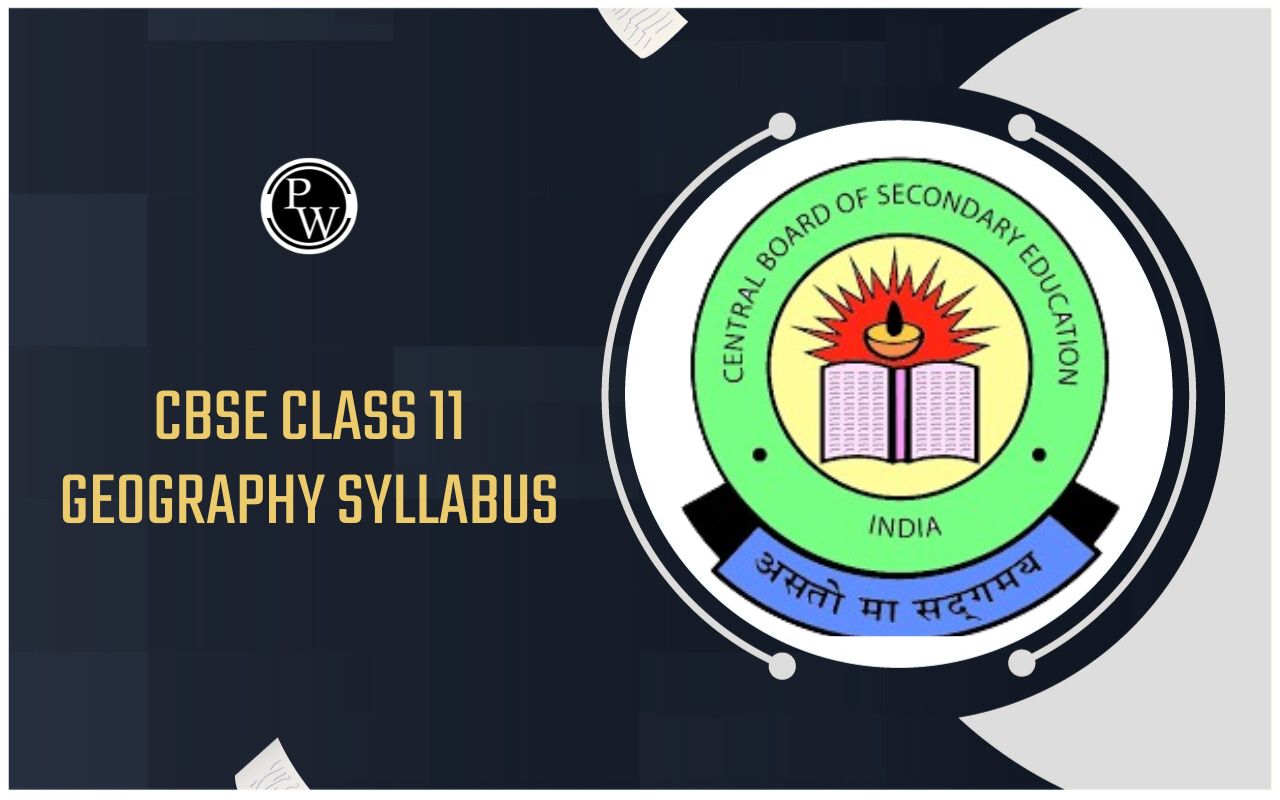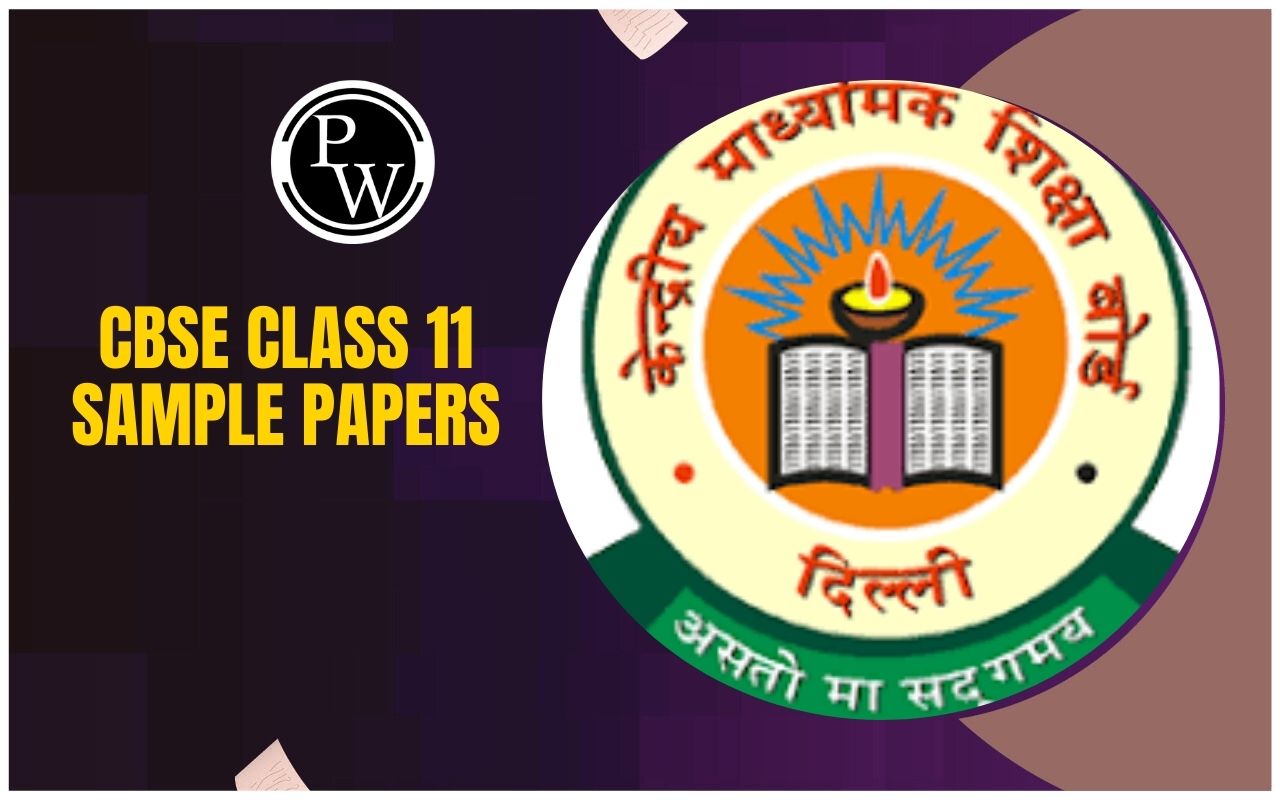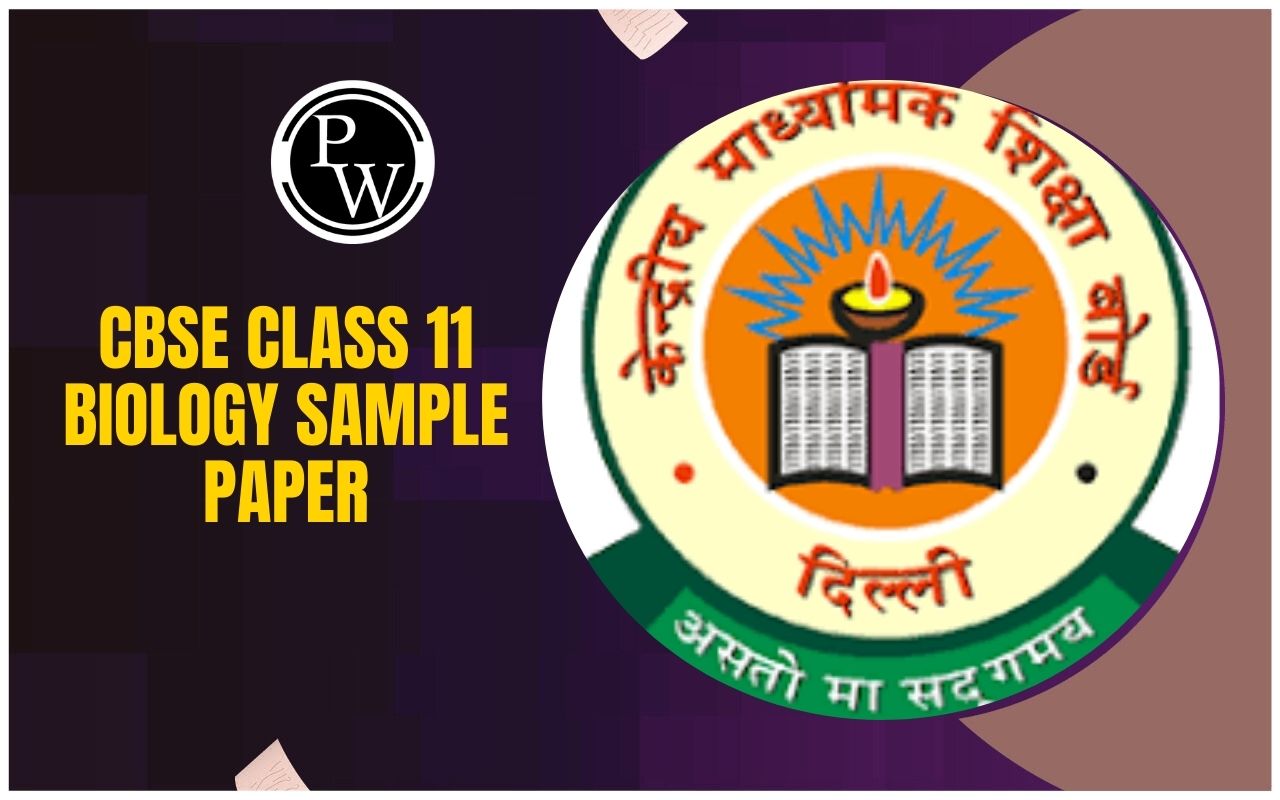
Important Questions for Class 11 Physics Chapter 6: Chapter 6 of Class 11 Physics, titled Systems of Particles and Rotational Motion, covers the principles of motion in systems consisting of multiple particles and the rotational motion of rigid bodies.
Key topics include the center of mass, linear, and angular momentum. The chapter also discusses torque, moment of inertia, and rotational kinematics, drawing analogies between linear and rotational motion. Important concepts like the conservation of angular momentum and the dynamics of rotating bodies, along with the work-energy theorem for rotational motion, are explored. The chapter aims to build a foundational understanding of translational and rotational mechanics.Important Questions for Class 11 Physics Chapter 6 Overview
Class 11 Physics Chapter 6, Systems of Particles and Rotational Motion, is crucial for building a strong foundation in mechanics. Key questions focus on the concepts of center of mass, torque, angular momentum, moment of inertia, and rotational dynamics. These topics are fundamental not only for Class 11 exams but also for competitive exams. Understanding these principles is essential for analyzing real-world systems such as rotating wheels, pendulums, and planetary motion. Mastery of this chapter helps in solving complex problems in both linear and rotational motion, contributing to a deeper comprehension of physics.Important Questions for Class 11 Physics Chapter 6 PDF
Below, we have provided a comprehensive PDF with important questions for Class 11 Physics, Chapter 6 Systems of Particles and Rotational Motion. These questions are designed to help you master the concepts and excel in your exams. Download the PDF to practice and improve your understanding of key topics like rotational motion, moment of inertia, and torque, ensuring better preparation for your upcoming tests.Important Questions for Class 11 Physics Chapter 6 PDF
Important Questions for Class 11 Physics Chapter 6 Systems of Particles and Rotational Motion
Below is the Important Questions for Class 11 Physics Chapter 6 Systems of Particles and Rotational Motion -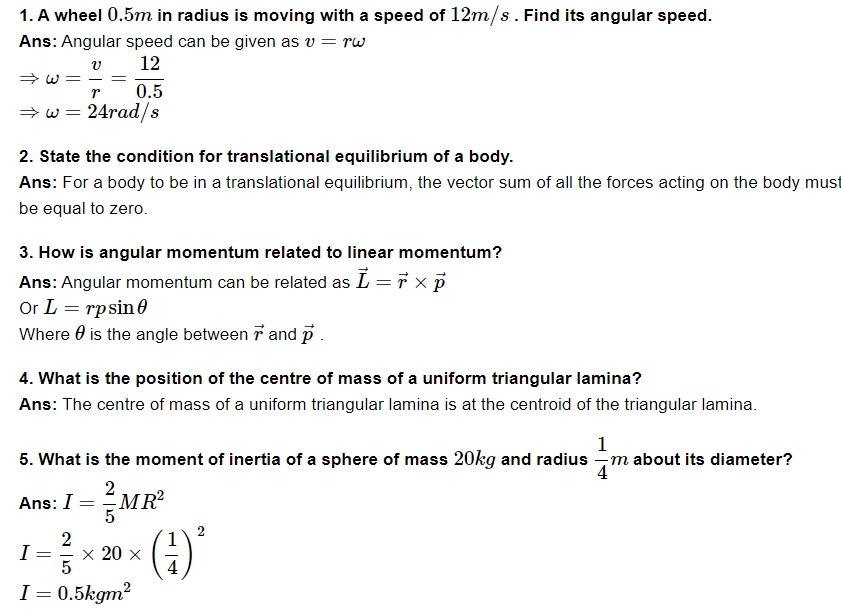
6. What are the factors on which moment of inertia of a body depends?
Ans: Moment of inertia of a body depends on:
-
Mass of the body
-
Shape and size of the body
-
Position of the axis of rotation
7. Two particles in an isolated system undergo head on collision. What is the acceleration of the centre of mass of the system?
Ans: Acceleration of the centre of mass of the system is zero.
8. Which component of a force does not contribute towards torque?
Ans: The component of a force that does not contribute towards torque is the radial component.
9. What is the position of centre of mass of a rectangular lamina?
Ans: The point of intersection of diagonal is the position of the centre of mass of a rectangular lamina.
10. Give the location of the centre of mass of a
-
sphere,
-
cylinder,
-
ring, and
-
cube, each of uniform mass density.
Does the centre of mass of a body necessarily lie inside the body?
Ans: The centre of mass (C.M.) can be defined as a point where the mass of a body is supposed to be concentrated.
For the above listed geometric shapes having a uniform mass density, the centre of mass lies at their respective geometric centres.
The centre of mass of a specific body need not necessarily lie inside of the body. For example, the centre of mass of bodies such as a ring, a hollow sphere, etc., lies outside the respective body.
11. A child sits stationary at one end of a long trolley moving uniformly with a speed v v on a smooth horizontal floor. If the child gets up and runs about on the trolley in any manner, what is the speed of the CM of the (trolley + child) system?
Ans:
The system's centre of mass will continue to move at the same speed. On a tram that is travelling ahead with velocity v, the child is running erratically. The child's running, however, will not change the trolley's centre of mass's velocity. This occurs because the force resulting from the child's motion is entirely internal. The motion of the bodies they work on is unaffected by internal forces in the body. The child's motion will not alter the trolley's centre of mass's speed because the (child + trolley) system does not involve any external forces.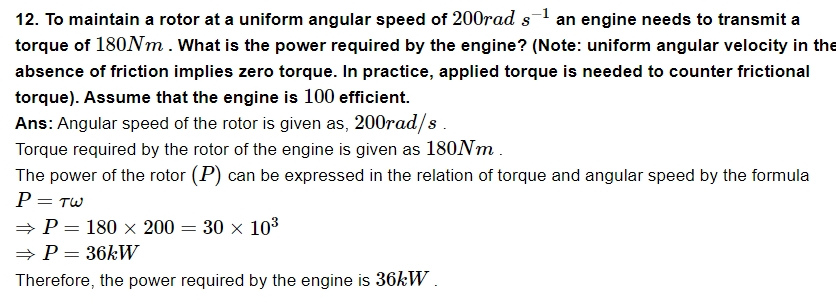
Short Answer Questions (2 Marks)
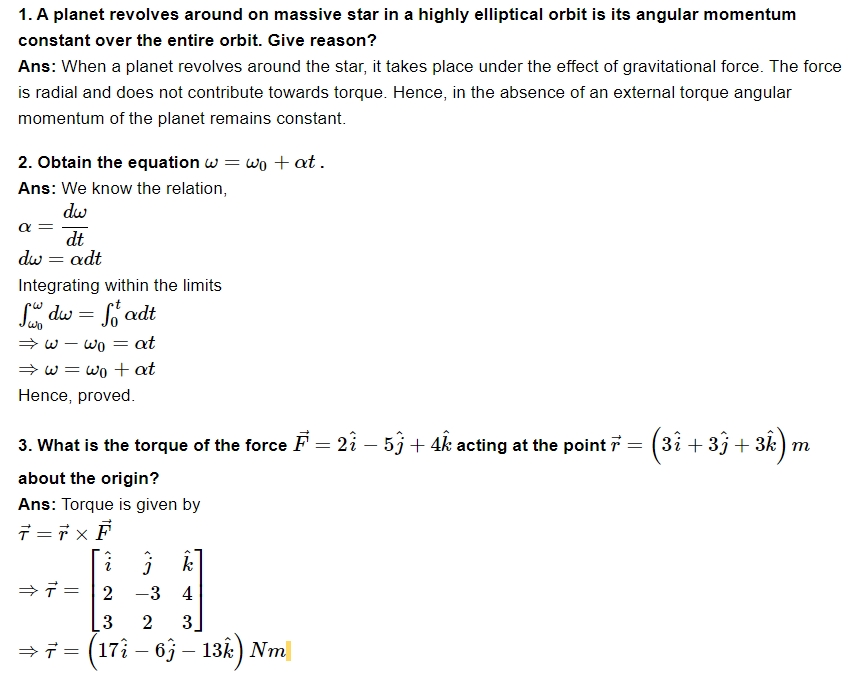
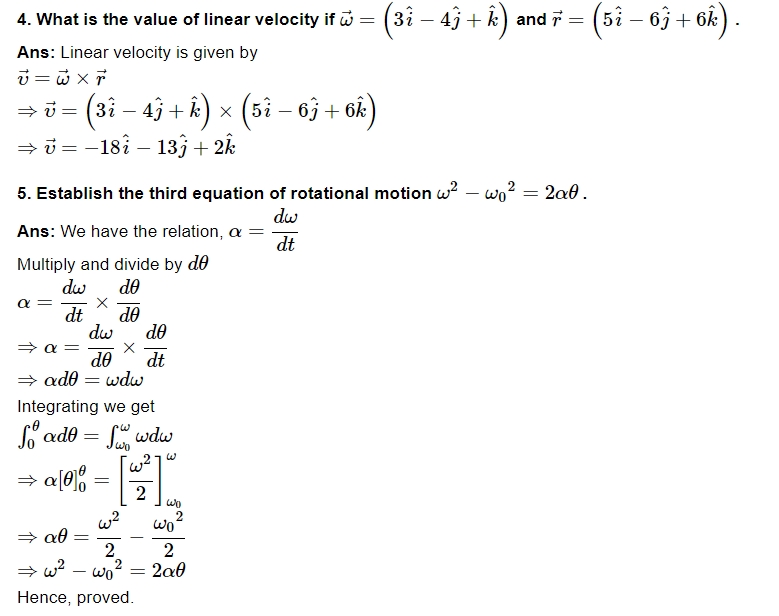
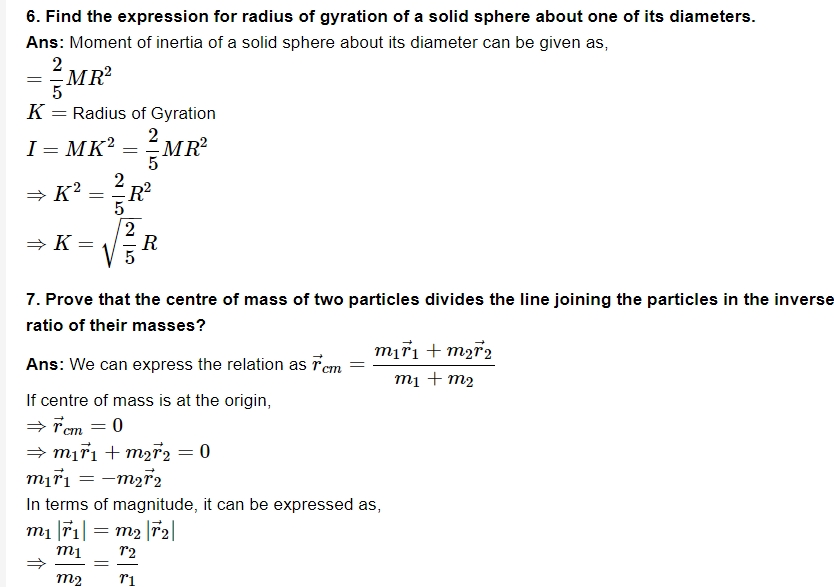
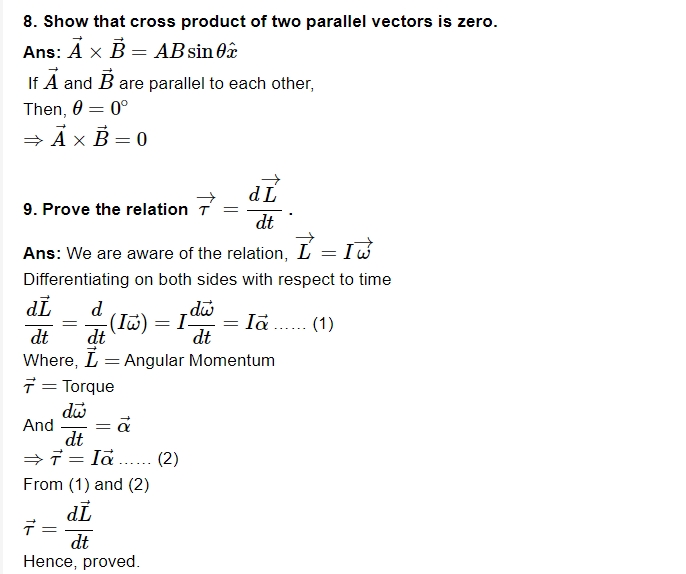
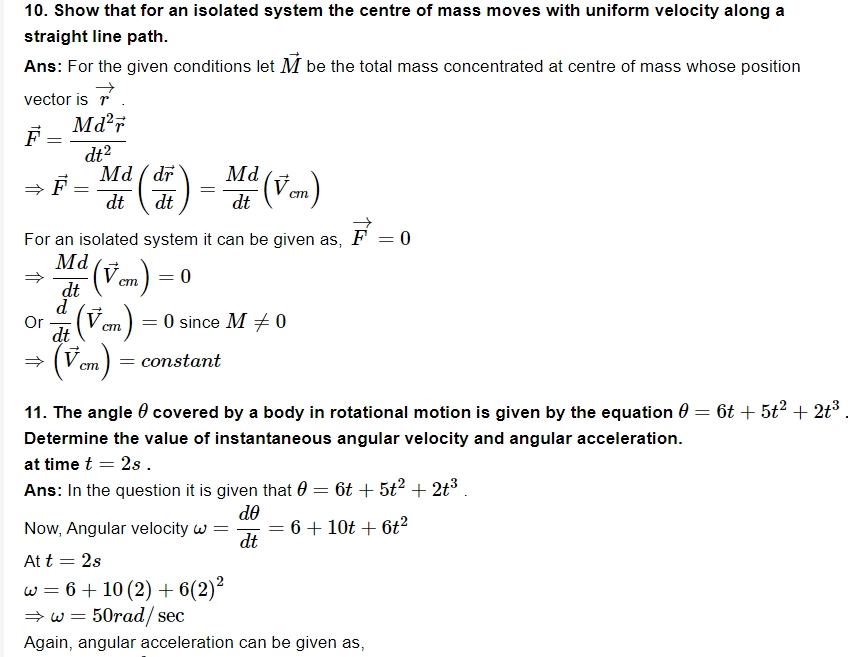
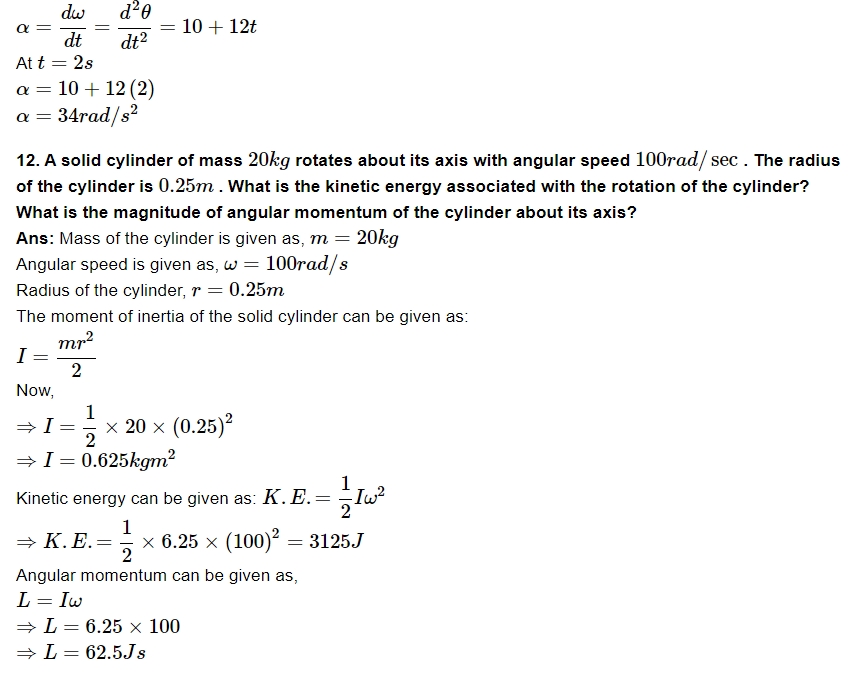
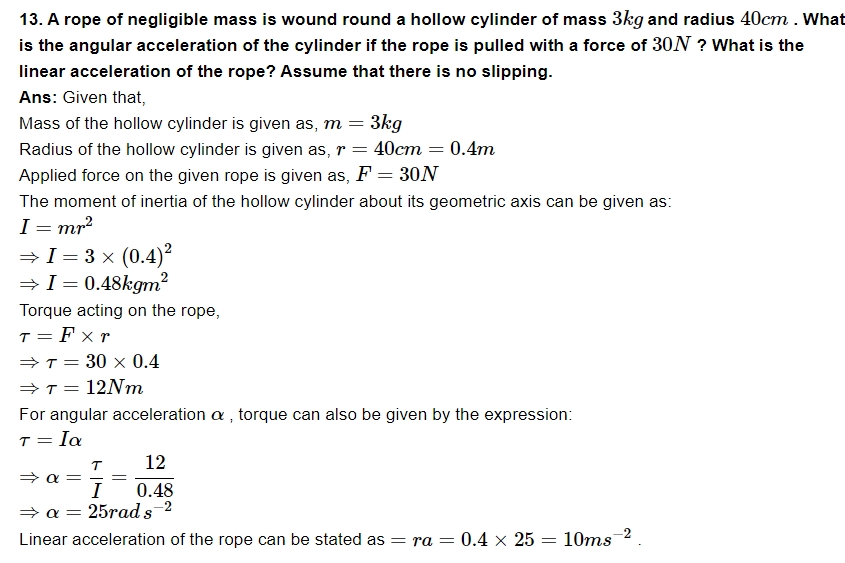
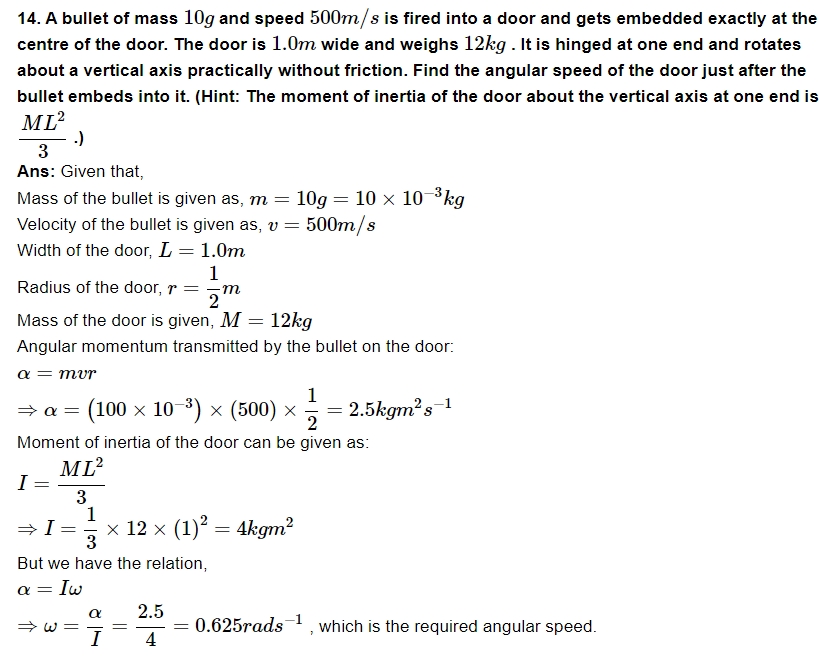
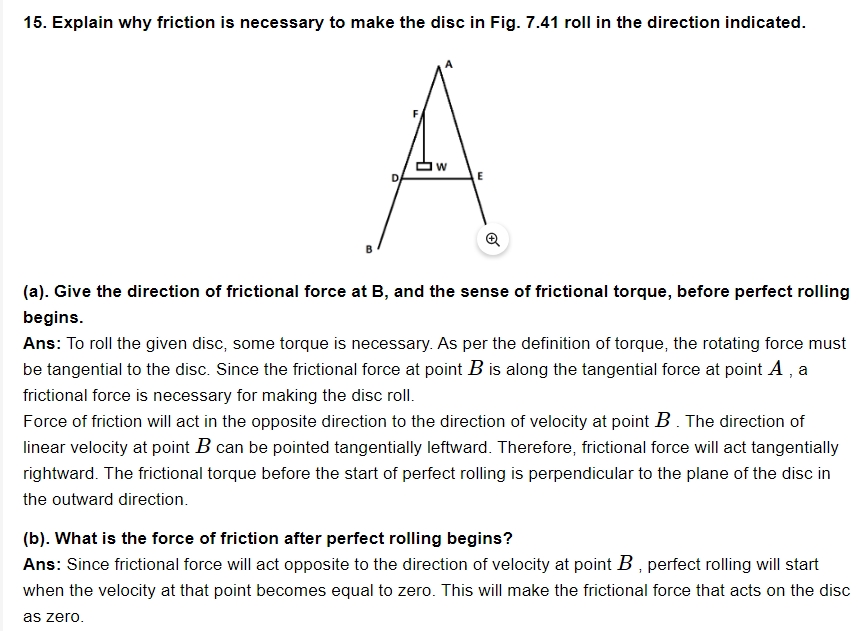
Long Answer Questions (3 Marks)
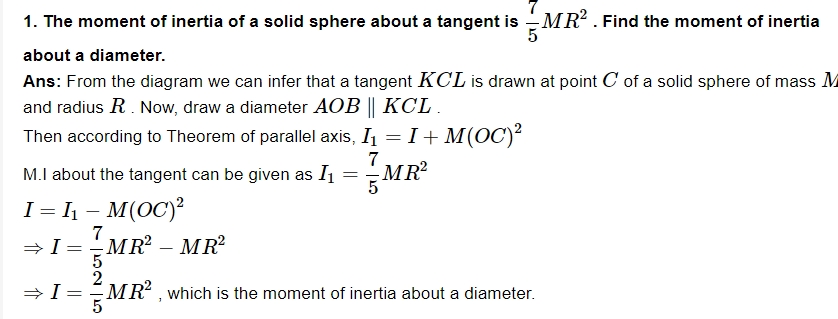
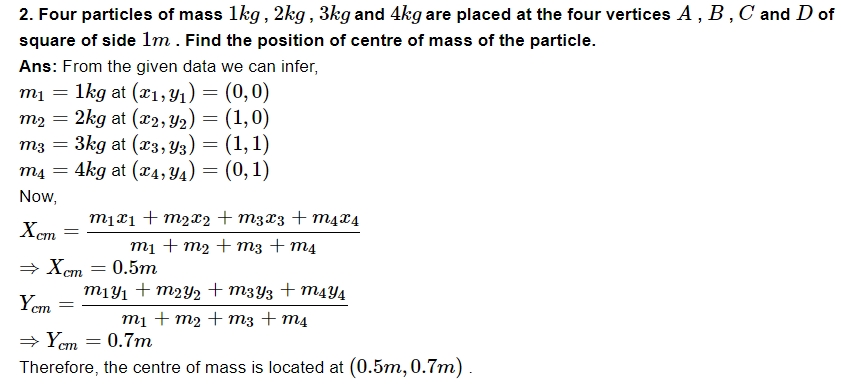
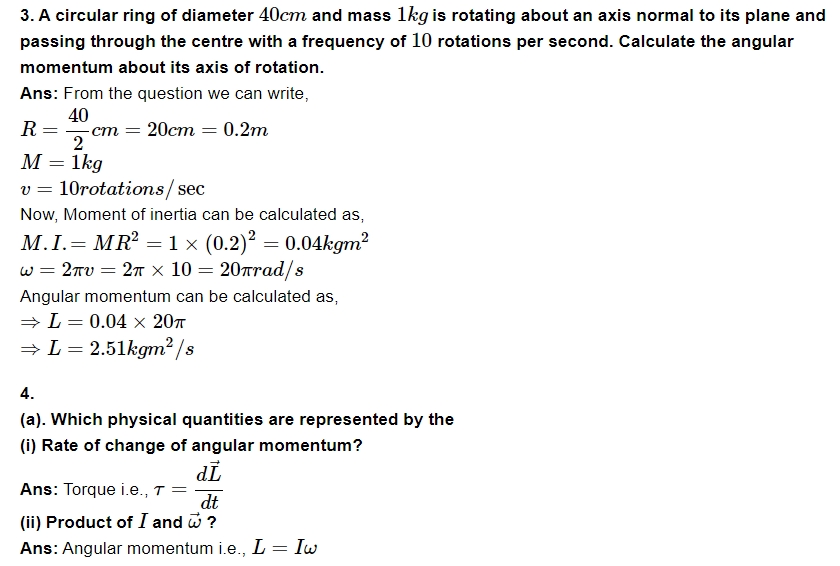
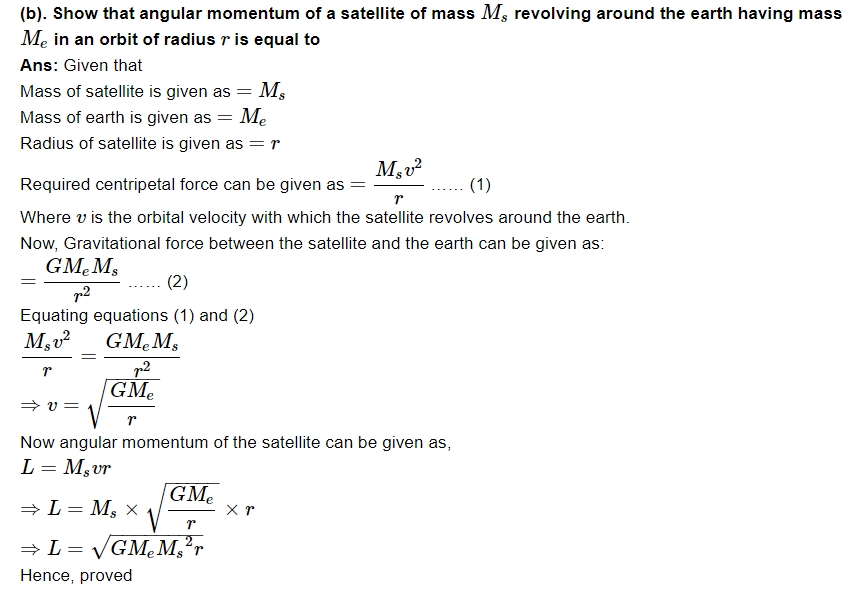
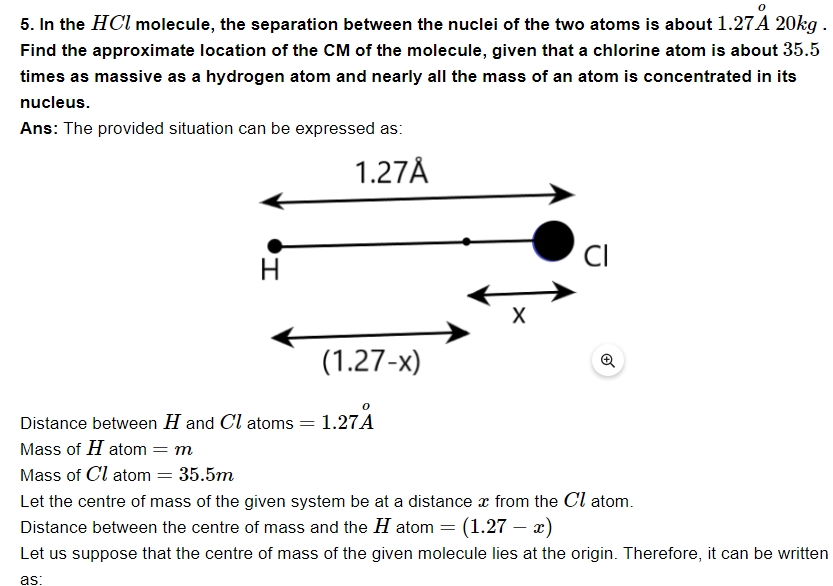

Benefits of Using Important Questions for Class 11 Physics Chapter 6
Using important questions for Class 11 Physics Chapter 6 (Systems of Particles and Rotational Motion) offers several benefits for students:1. Concept Reinforcement:
Important questions are typically derived from key concepts and formulas in the chapter. By practicing these questions, students can reinforce their understanding of the core topics such as torque, angular momentum, rotational kinetic energy, and the dynamics of rigid bodies.2. Improved Problem-Solving Skills:
These questions challenge students to apply their knowledge in a practical manner. Regular practice helps improve their problem-solving techniques, which is essential for tackling both theoretical and numerical problems in exams.3. Time Management:
By solving important questions, students can learn how to approach problems efficiently, which is crucial for managing time effectively during exams. This enables them to solve questions quickly while maintaining accuracy.4. Understanding of Exam Pattern:
Important questions often reflect the pattern and difficulty level of questions that frequently appear in exams. By practicing these, students gain insights into what to expect and how to prepare accordingly.5. Boost in Confidence:
As students become more familiar with the important questions and their solutions, they feel more confident in their ability to perform well in the exam. This confidence is especially important for complex chapters like Systems of Particles and Rotational Motion, where concepts can initially seem overwhelming.6. Focused Revision:
Important questions help students focus on the most critical aspects of the chapter. This focused revision ensures that they are not overwhelmed by the breadth of topics but instead concentrate on high-yield areas that are likely to appear in exams.Important Questions for Class 11 Physics Chapter 6 FAQs
Is the system of particles and rotational motion the same?
What is the basic concept of rotational motion?
What is the conclusion of the system of particles and rotational motion?
What do the particles have in rotational motion?

